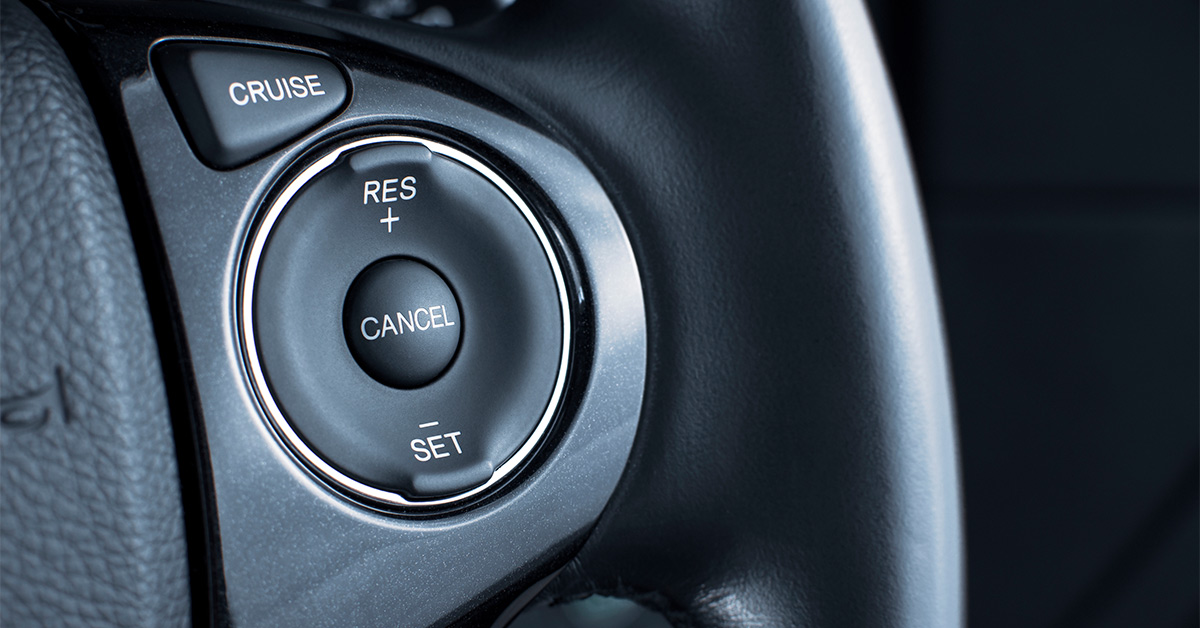The experience of long-distance driving has been revolutionized by cruise control. As it has evolved, its advantages have expanded, but there is a specific benefit that has piqued the interest of many drivers.
The question of whether cruise control is fuel-efficient is complex and has no straightforward answer. As you might have guessed, it depends on various factors. To delve into this, we first need to understand how cruise control operates.
Cruise Control from Cable to Digital
When cruise control first hit the market, it operated by utilising a cable that secured the accelerator in a specific position to sustain a steady pace. However, in contemporary automobiles, this archaic mechanical cable has been replaced, just like many other things, with an electronic program that controls speed.
The updated system offers more features, such as modifying speed based on the vehicle ahead or an upcoming turn. While most systems primarily rely on engine braking, some can activate the brake when descending hills.
A vital advantage of modern cruise control is its ability to recognise when the driver has pressed the brake and immediately disengage instead of resisting.
Cruise Control Fuel Efficiency
As mentioned earlier, determining whether cruise control is fuel-efficient or not depends on various factors. These include the make and model of your vehicle, your driving habits, and the terrain you are travelling on.
Firstly, not all cars are created equal. Some cruise control systems operate more efficiently than others, consuming less energy to sustain a specific speed.
Secondly, if you tend to drive above the speed limit or frequently brake and accelerate, you will consume more fuel than a driver who sets the cruise control at or slightly below the speed limit and maintains a steady pace.
Thirdly, the terrain you’re driving on also plays a crucial role. When driving on hilly roads, cruise control will consume more fuel. This is because when a vehicle ascends, it loses speed. To maintain the preset speed, the cruise control system will require the engine to work harder, resulting in more fuel burning.
In contrast, the average driver without cruise control will not be as determined to maintain the exact speed on inclines and may lose a few kilometres per hour, mostly unnoticed. As a result, they won’t require additional fuel to compensate for the loss of speed.
Benefits of cruise control
Although modern cruise control can aid in fuel efficiency in specific circumstances, its most significant advantages go beyond that. The primary benefit is that it eases the strain of long commutes and makes them less exhausting.
Having to maintain consistent pressure on the accelerator and frequently checking the speedometer can drain both energy and focus. By delegating these tasks to a tireless, unflinching machine, we can focus better on the road and surrounding conditions.
TL;DR
To sum up, cruise control increases fuel consumption when driving on hilly terrain. So, unless you’re travelling on long stretches of relatively flat roads, it’s recommended to turn off cruise control and drive using traditional methods.
If you encounter any problems with your cruise control, feel free to contact us at BM Tech. As specialists in this field, we can diagnose the issue and provide solutions to help you get it back in good working condition.
